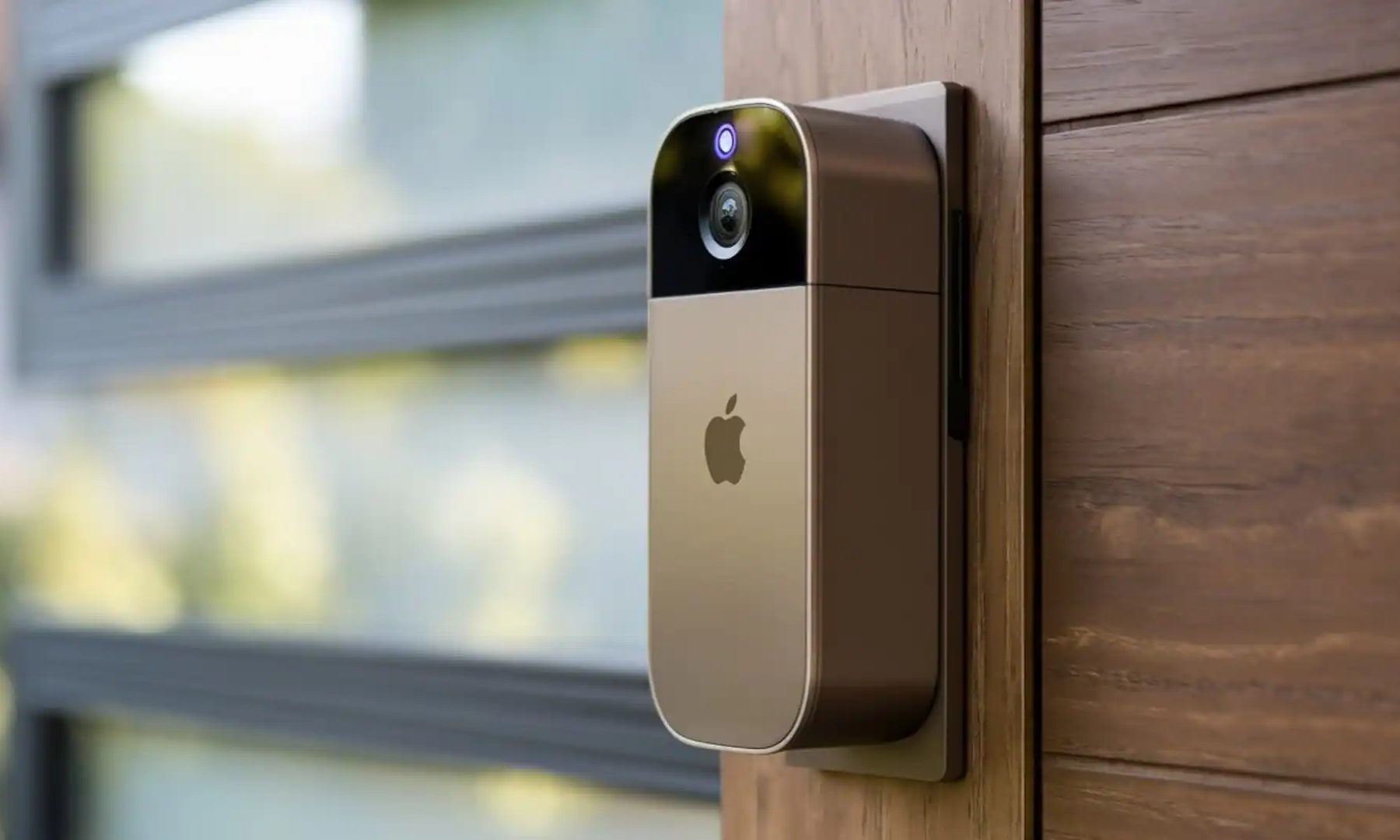
According to Bloomberg's Mark Gurman, Apple is developing a new smart doorbell camera that supports unlocking with Face ID, which will be released as early as the end of 2025.
In addition, Gurman further stated that the device is likely to work with existing third-party HomeKit smart locks, and the company may also work with other smart lock companies to "provide a complete system from day one."
Apple Face ID smart doorbell is coming soon
It is reported that Apple Face ID smart doorbell not only has advanced features such as facial recognition unlocking, but also will greatly enhance the user's security experience with the help of Secure Enclave chip.
From the basic function point of view, a highlight of Apple's smart doorbell is the addition of Face ID. Users only need to upload and enter face data, and then use Face ID technology to achieve fast smart unlocking, without the need to use traditional passwords or keys, which greatly improves convenience and security, and provides strong protection for family security.
Moreover, the new smart doorbell developed by Apple will be equipped with the company's Secure Enclave chip, which stores and processes Face ID information separately from the rest of the system hardware, so that the user's biometric information will be greatly protected, thereby enhancing the security of the smart doorbell.
According to reports, Apple Secure Enclave is one of the company's core technologies. This technology is an independent security coprocessor that is integrated into Apple's system-on-chip (SoC) and isolated from the main processor to provide an additional layer of security. Secure Enclave is designed to protect users' personal data and privacy, such as biometric information (such as fingerprint and facial recognition data), encryption keys, and other security operations.
In addition, Apple will also use its own Wi-Fi/Bluetooth chip called "Proxima" in the new smart doorbell camera. Proxima is a Wi-Fi and Bluetooth combination chip that aims to improve the overall performance and energy efficiency of Apple devices by integrating more efficient Bluetooth and Wi-Fi functions. The development of the Proxima chip will enable Apple to better control the technology route and product quality, and optimize it according to Apple's own needs. It is reported that Proxima chips are expected to be used in Apple's new home devices, such as Apple TV and HomePod Mini, in 2025.
Apple is making frequent moves to seize the smart home track
Since the beginning of this year, Apple has been making frequent moves in the field of smart home and is planning to reshape Apple's smart home through a series of new strategies.
According to a previous report by Mark Gurman of Bloomberg, Apple is preparing to accelerate its efforts in the field of smart home and regard smart home as a strategic focus of its future business. Apple is using a "new and radical" strategy to capture the smart home market, fully integrating Apple's screens and software into family life to create a seamless user experience.
In terms of product layout, Apple will make home hardware its top development task in the next two years. Apple plans to launch a new "HomePod" device in 2025, which will compete with products such as Amazon's Echo Show and Google's Nest Hub. It is understood that HomePod will be equipped with a 7-inch LCD screen, A18 chip, and support Apple Intelligence and other functions. It not only has display and touch functions, but also can play video content, providing users with a richer and more intuitive interactive experience, greatly upgrading its smart home functions.
In addition, Apple also plans to launch a wireless smart home camera that supports HomeKit in 2026. The camera will be deeply integrated with Apple's Intelligence and Siri, and is designed to be seamlessly integrated with other Apple hardware devices through wireless connections. The long-term production target is to achieve annual shipments of tens of millions. And Apple is also considering launching an affordable smart home robot in 2025, aiming to bring users a smarter and more convenient home experience.
In terms of ecological software, Apple participated in the development of the Matter protocol. This smart home protocol will make Apple, Amazon, Google and other devices compatible with each other and break down brand barriers. Apple also plans to use Apple Intelligence technology to bring "revolutionary" changes to home automation and device and application control to enhance the user's interactive experience.
In addition, software is another important part of Apple's smart home strategy, including the new homeOS based on Apple TV system tvOS and the recently updated Home application.
A market worth hundreds of billions of dollars, smart home has great potential
In recent years, with the continuous improvement of people's consumption level and the rapid development and breakthrough of cutting-edge technologies such as artificial intelligence and the Internet of Things, the smart home industry is undergoing unprecedented changes and growth. A variety of smart home products continue to enter people's modern life and become an indispensable part, greatly improving the quality of life and convenience of users, and reshaping people's intelligent, networked, and personalized living environment.
Thanks to the advancement of technology and the growing demand for smart homes by consumers, the global smart home market has grown rapidly. According to the "2024 Global Smart Home Market Insight Report", the global smart home market size reached US$101.07 billion in 2023, and is expected to grow from US$121.59 billion in 2024 to US$633.20 billion in 2032, with a compound annual growth rate of 22.9%.
Faced with huge market potential and abundant opportunities, Apple is making all-out efforts to enter the smart home field, which undoubtedly demonstrates its high attention to the prospects of the smart home market. With Apple's huge user base, profound technical background and high brand trust, Apple has a unique advantage in promoting smart home products. As for the future, how Apple will make great strides in the smart home market, we will also wait and see.
This paper is from Ulink Media, Shenzhen, China, the organizer of IOTE EXPO (IoT Expo in China)


















